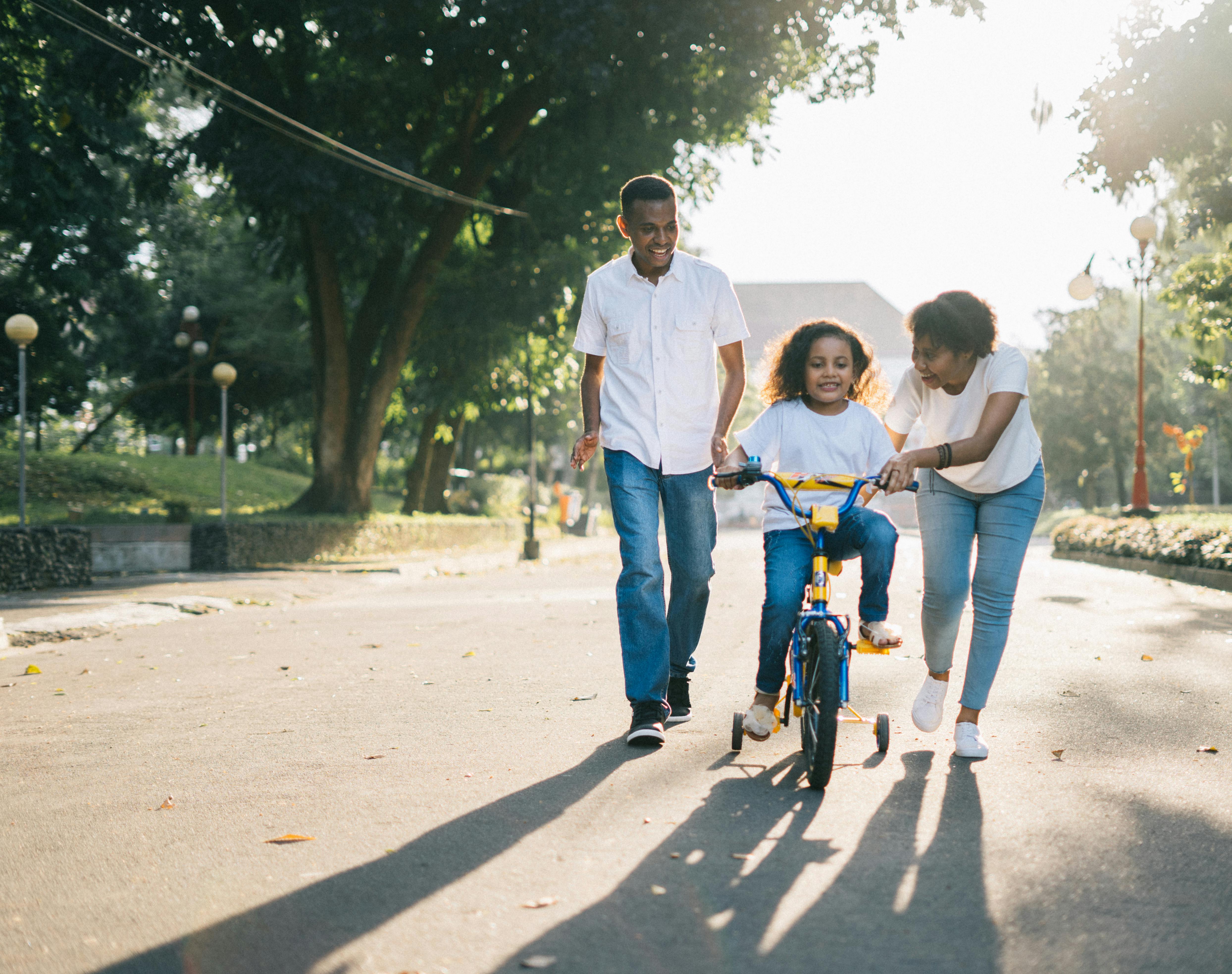How Your Anxiety Could Be
Affecting Your Child
Written by Amber Speck

How Your Anxiety Could Be Affecting Your Child and What You Can Do About It.
You want what’s best for your child — safety, happiness, and the confidence to face the world. But what happens when your own stress starts echoing in their behavior? Children are finely tuned to their parents’ emotional states, often absorbing what isn’t said outright. When anxiety becomes a background hum in the home, it can quietly shape your child’s mood, reactions, and sense of stability. You don’t have to be perfect — but becoming aware is a powerful first step. Let’s look at how your own anxiety might be showing up in your child’s world, and what you can do to help both of you breathe easier.
Notice the Mirror, Not Just the Meltdown
Children don’t always verbalize their anxiety — they act it out. If you notice your child becoming unusually clingy, irritable, or avoidant, ask yourself what’s changed in the household tone lately. Take a step back and observe whether your child’s behavior
patterns mirror your own mental state. These patterns can become early indicators — like a barometer for household emotional climate — and point to how deeply your stress is resonating. Spotting these signs early on can prevent anxiety from becoming an inherited rhythm.
How Your Anxiety Could Be Affecting Your Child — And What You Can Do About It.

Let Purpose Replace Panic
Sometimes, the most impactful step a parent can take to reduce family stress is to change their own environment. Going back to school to pursue a career shift — especially into fields like healthcare — can offer more stability, meaning, and long-term flexibility. For many, nurse practitioner online program options provide a path to a less chaotic job landscape while deepening their ability to care for others. That sense of purpose can ripple
outward, easing household anxiety in ways that therapy alone can't.
Don’t Outsource Calm — Model It
One of the most stabilizing things a parent can do for an anxious child is to be predictably calm. Not perfectly Zen — just consistent, honest, and grounded. When children see that
their caregiver can regulate emotions, they begin to internalize that rhythm for themselves.
Establish a routine for processing your own stress — whether that’s stepping outside for air, journaling, or using calming language aloud. Let your child witness this without making
it performative; authenticity beats technique every time. These small cues teach them resilience without a single lecture.
Shift the Energy, Not Just the Schedule
Over-scheduling often masquerades as structure, but it can become a pressure cooker. If every hour is filled, and no space exists for decompression, both parent and child lose the
ability to hear themselves think. Anxiety thrives in that silence — the kind filled with unprocessed noise. Make room for unstructured moments where connection leads, not logistics. These pauses allow children to ask questions they’re not rushed past and give you a moment to respond rather than react.
Speak Anxiety’s Name Without Making It the Villain
Many parents hesitate to talk to their children about emotions, fearing it’ll make things worse. But name it gently — “That jittery feeling you’re having? That’s anxiety, and it’s normal.” Normalize, don’t dramatize. Your goal is to give anxiety a shape, so it doesn’t swell in silence. Help your child recognize their feelings without shame, and offer tools to respond — not suppress.
Embed Small Rituals That Signal Safety
Children thrive on signals that the world is okay — and that starts at home. Introduce small rituals that reinforce emotional security: a predictable goodnight script, a morning “what are we excited about” chat, or a short walk after dinner. These aren’t just routines — they’re rhythmic anchors that soothe the nervous system. When life feels uncertain, these tiny repetitions whisper, “You’re safe.”
You don’t have to eradicate your anxiety to protect your child. What matters most is showing up with awareness, compassion, and a willingness to adjust. Children don’t need perfect parents — they need connected ones. Start where you are, speak gently, and trust that every step toward clarity helps both of you find your footing.

“Catch your children doing something right instead of doing something wrong. Remind them of their greatness on a daily basis. Parenting shouldn’t mean imposing rules or impressing others with your supposed intelligence and superiority. Keep in mind that nature never forces anything to grow but is silently and invisibly ever present. When you judge another, you do not define them. You define yourself.” Wayne Dyer
Children are our future. It is our job to help insure a beautiful tomorrow.
Read all of Amber Specks pages at contributing authors.

Unlock the secrets of a fulfilling life by exploring the transformative teachings at
Metaphysics For Better Living, where the power of positive thinking and universal principles guide you to a brighter future.
Leave
How Your Anxiety Could Be Affecting Your Child
go to
New! Comments
Have your say about what you just read! Leave me a comment in the box below.